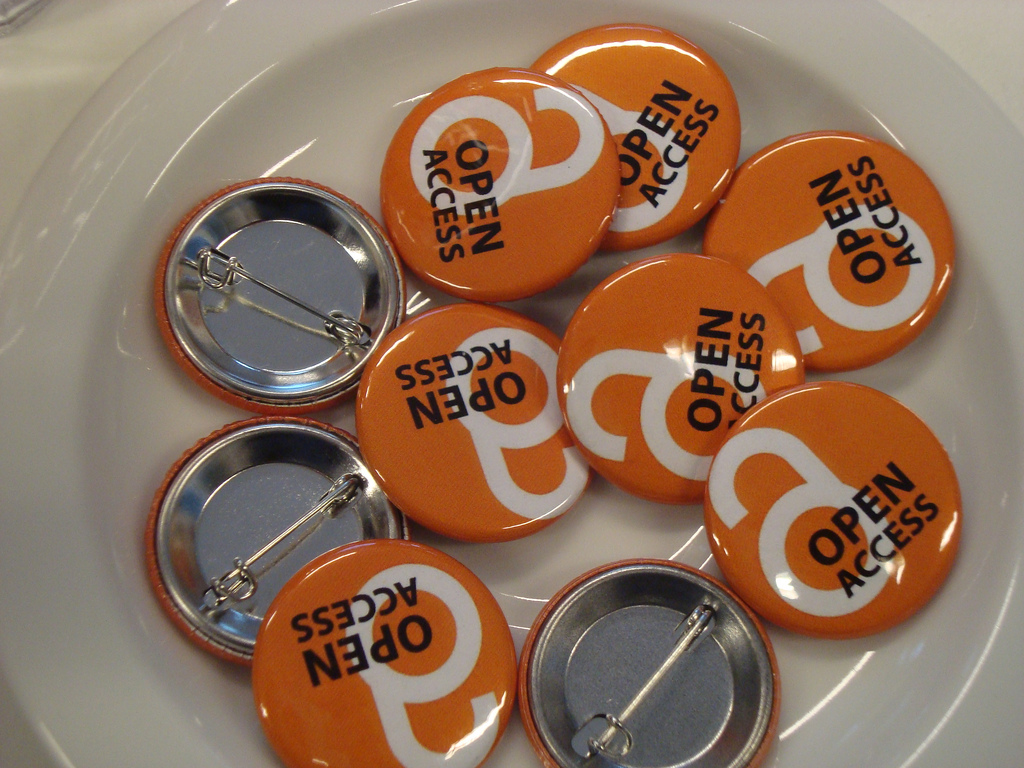Last week I
raised the question of whether Canadian universities should consider walking away from Access Copyright in light of its recent tariff demands. The post did not reject licencing, but rather noted that the combined effect of openly accessible materials, licenced databases, and fair dealing was such that the Access Copyright licence may not be necessary for many professors. Where there is a need for a specific work that is not otherwise available, it could be directly licenced with the copyright holder, thereby ensuring that the actual author receives full compensation for their work. In the post, I used myself an example, noting that I am able to rely on openly accessible materials for my courses.
The fact that I rely on openly accessible materials led Access Copyright supporter John Degen to describe my approach as a “shockingly arbitrary and irresponsible policy that will only place artificial (and highly political) limits on education.” Degen then implies that the choice is based on attempting to find cheap materials or ones that are consistent with my political leanings.
Yet the only thing irresponsible is Degen’s effort to link cost with quality.
Read more ›







